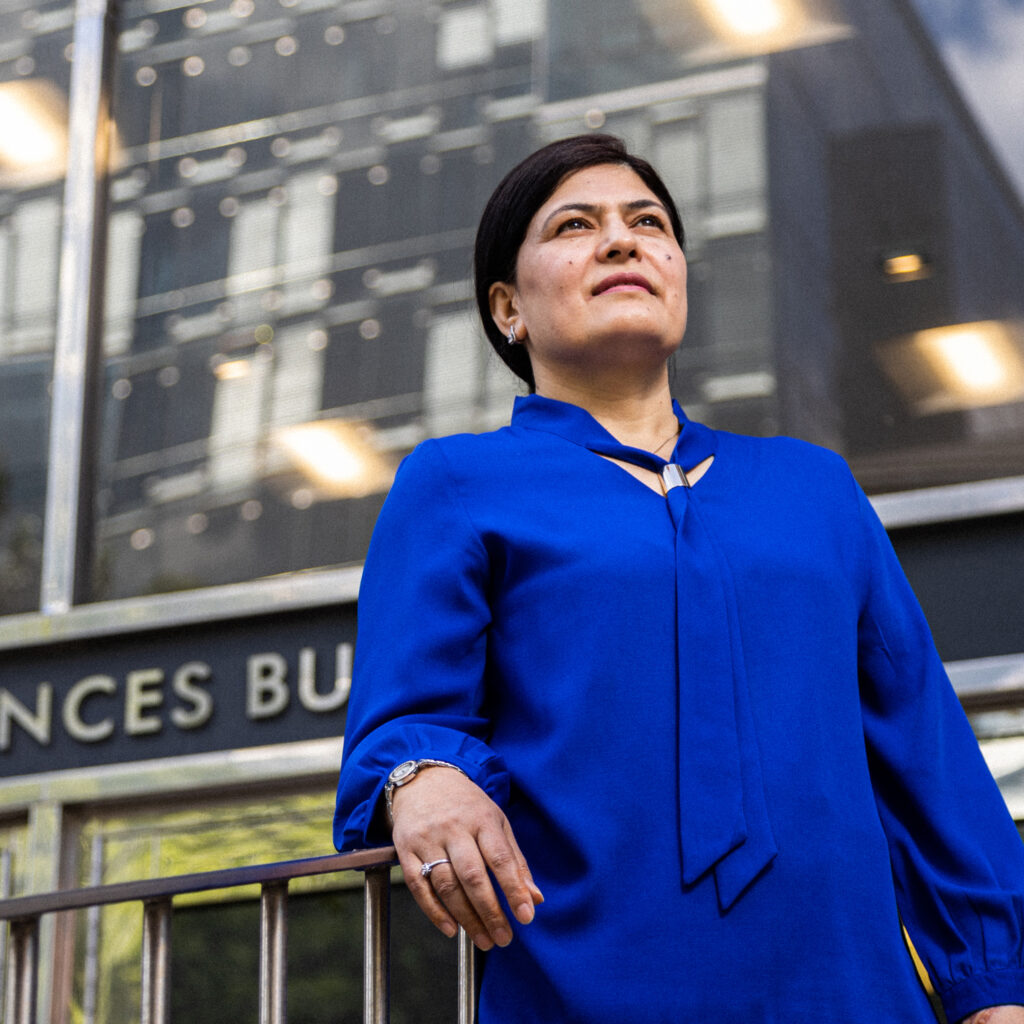Basnama Ayaz is creating opportunities for nurses in Pakistan

Growing up, Basnama Ayaz was inspired by people in her community who looked after the sick. “I belong to an underprivileged part of the world called Gilgit-Baltistan, in the high mountains of northern Pakistan,” she says. There were no nurses at the time and just a few lady health visitors. Our elders, including my mother and grandmother, were the ones providing care to sick people.”
Ayaz wanted to be one of them.
She completed her Grade 10 education, then won a place in a nursing program at the renowned Aga Khan University in Karachi. During her studies in Karachi—facilitated by a kind brother who made it possible for her to live away from home—she learned much more than how to be a nurse.

